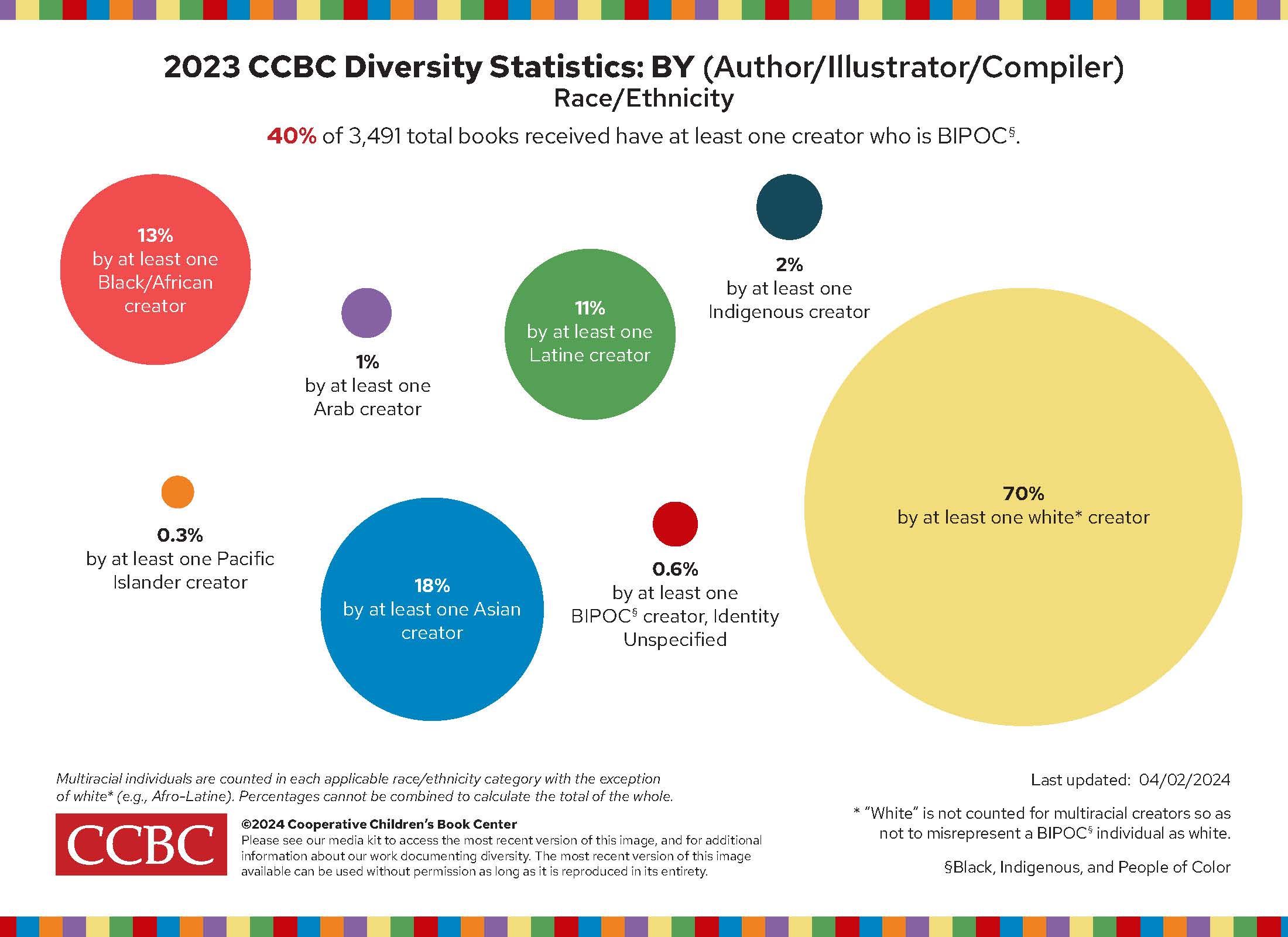SCROLL DOWN TO READ THE POST
We Are Okay
 We Are Okay, Nina LaCour
We Are Okay, Nina LaCour
Dutton Books for Young Readers, February 2017
Reviewed from ARC
Four stars
I almost didn’t finish We Are Okay. Not because it’s bad–in fact, it’s quite beautiful–but because reading it required a lot of emotional labor. When fiction pokes at pieces of your heart that you thought you had protected and hidden away, it requires strength and stamina to push through when all you actually want to do is bury the book at the bottom of your to-read pile.
All of this is to say that I had a deeply emotional experience reading Nina LaCour’s novel. Critics, myself included, tend to separate heart from head in their professional reviews. Here though, LaCour’s ability to access and communicate so many raw and complicated feelings is extraordinary and so relevant to any discussion of this book. I couldn’t have cried through the last 40 pages of We Are Okay without LaCour’s precise and detailed sentence-level writing. This is a small book densely packed with complicated people, feelings, unimaginable loss, heartbreak, and so much love.
ADVERTISEMENT
ADVERTISEMENT
Spoilers ahead. If you haven’t read the book (and you really should) consider yourself warned.
Yes, this is a sad book but LaCour ends on a surprisingly hopeful note. Marin, in the tight embrace of her best friend’s mother, finally has a sensory memory of her mother. LaCour reminds the reader that every moment of life is filled with possibility and love. It’s a supremely cathartic scene and the perfect end to Marin’s emotional journey. It’s clear that she still has work ahead of her, but the reader senses that there is hope. Ultimately, this is a story about finding the courage to love and connect despite traumatic loss and grief.
We Are Okay alternates between the present, Marin’s first winter break at college, and the past, a few months prior to her sudden departure from home with nothing but her phone and wallet. In many ways, LaCour sets us up for a mystery. Why did Marin leave without a word to the people closest to her? What happened between her and her best friend Mabel? What happened to Marin’s grandfather, who has been her only family since the death of her mother?
LaCour allows these questions to linger. As Marin wanders the empty hallways of her dormitory, waiting for Mabel to arrive for a brief visit, worrying about what their interaction will be like after months of silence, the past hovers over everything like a haunting. As the answers are slowly revealed, the details are not as important as the emotional truths they reveal. The beauty is in the way that the character development, setting, themes, and story all work as a cohesive whole. All of the elements interact well with and serves the others.
Marin (a fitting name for the daughter of a surfer) has been raised by her grandfather, a man who is less of a family member and more like an eccentric roommate. So much is unsaid between them but most significant is the silence surrounding the memory of Marin’s mother. In the absence of any sense of who her mother was, it’s no surprise that Marin has a fascination with orphans and ghosts. In chapter three, we see Marin in English class discussing The Turn of the Screw. She proposes that rather than find proof for or against the ghosts’ existence, she’d rather focus on whether the staff is conspiring against the governess. “We can search for the truth, we can convince ourselves of whatever we want to believe, but we’ll never actually know,” she says (24). These scenarios play out in Marin’s story as she discovers secrets her grandfather has been keeping from her; secrets that had, in essence, made her question the ghost of her mother. Marin must learn to make peace with not knowing, especially when the answers could only come from the dead.
Orphans and ghost stories recur as a motif at the end of the novel with a reference to Jane Eyre; Marin and Mabel watch the 2011 version and the direct connection to Marin’s life is so clear. Like Marin, Jane is an orphan who lives with a man who is fundamentally unknowable because he lies and keeps secrets. Both hide women from the protagonist–Gramps hid the physical memories of Marin’s mother while Rochester literally hides his wife in the attic. LaCour describes these parallels as the movie prompts Marin to consider her grandfather. Making peace with the not knowing and allowing herself to forgive, even just a little bit.
Marin’s voice is also distinctive and strong. The cadences LaCour uses in the scenes when Marin is particularly nostalgic are lilting and feel like nostalgic waves. When describing the present, the sentences are spare and reflect the winter cold and the isolation that Marin feels. There’s so much poetry in the language but the book never feels overwritten.
I could ramble on for longer but what did you think? In a year when grief seems to reign supreme, I certainly hold this book above the rest as the most authentic and honest story about loss. With four stars I would be surprised if it doesn’t land on at least a few of the end-of-year best lists and in serious Printz conversations.
Filed under: Contenders, Fiction
About Joy Piedmont
Joy Piedmont is a librarian and technology integrator at LREI - Little Red School House & Elisabeth Irwin High School. Prior to becoming a librarian, Joy reviewed and reported for Entertainment Weekly’s PopWatch. She reviews for SLJ and is the President of the Hudson Valley Library Association. When she’s not reading or writing about YA literature, she’s compulsively consuming culture of all kinds, learning to fly (on a trapeze), and taking naps with her cat, Oliver. Find her on Twitter @InquiringJoy, email her at joy dot piedmont at gmail dot com, or follow her on Tumblr. Her opinions do not reflect the attitudes or opinions of SLJ, LREI, HVLA or any other initialisms with which she is affiliated.
ADVERTISEMENT
SLJ Blog Network
The Moral Dilemma of THE MONSTER AT THE END OF THIS BOOK
Cover Reveal and Q&A: The One and Only Googoosh with Azadeh Westergaard
Winnie-The-Pooh | Review
A Reading Community: A Love Letter to Local Independent Bookstores, a guest post by Heather Del Piano
The Classroom Bookshelf is Moving
ADVERTISEMENT
ADVERTISEMENT






